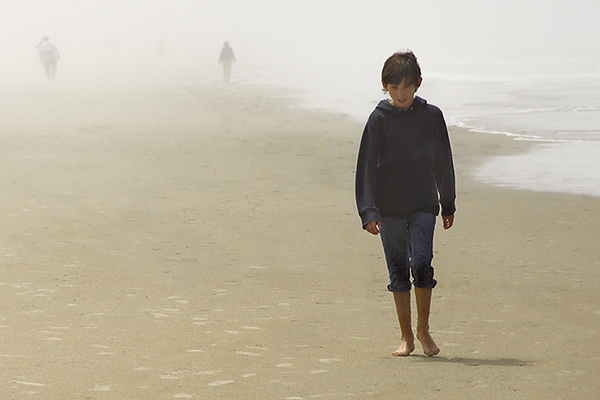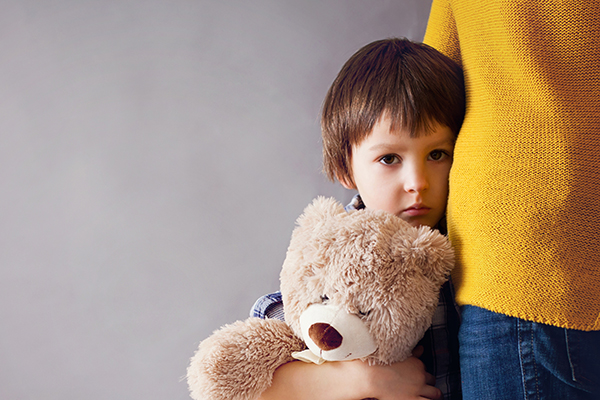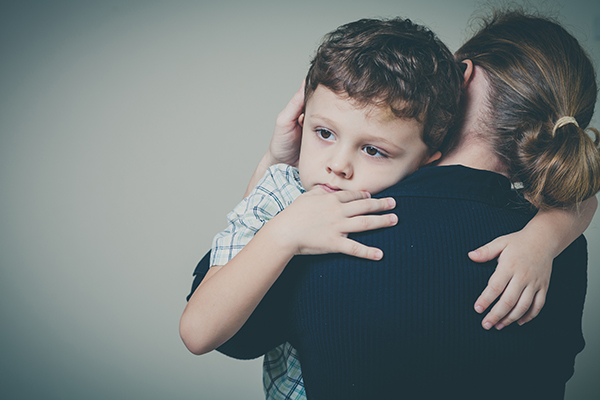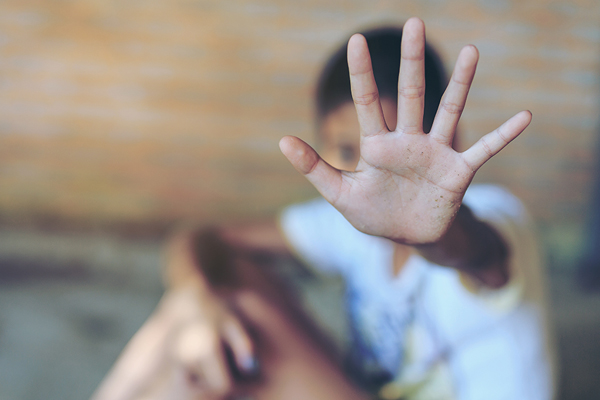When children experience trauma, it profoundly disrupts their sense of safety and normalcy, manifesting in significant emotional and behavioural changes. Exposure to a traumatic event can cause young people to experience stress, anxiety, and potential trauma, particularly when the event receives ongoing media coverage. Parents observing their children struggle with trauma's aftermath often find the experience distressing. To aid recovery, parents can support their child by creating a nurturing environment, thereby helping them regain a sense of security and encouraging resilience. It is crucial for parents to remain actively involved in their child’s healing process, recognising that each child’s response to trauma is unique and requires personalised supportive strategies.
The impact of trauma is unpredictable, and therefore recovery timelines vary widely among young people. Depending on the age of the child, younger children may exhibit regressive behaviours, while older children often show signs of withdrawal and agitation. Parents and carers need to monitor what information their children are accessing and manage their exposure to help minimise emotional distress.
Understanding how trauma affects brain function can help in addressing the psychological aftermath. The brain stores traumatic events as powerful emotional memories, influencing behaviour through mechanisms beyond conscious awareness. For effective trauma management, it is vital for caregivers to recognise the signs of trauma, maintain open communication, and help children differentiate between controllable and uncontrollable aspects of their experiences. By equipping children with coping strategies for dealing with uncertainty, parents can significantly aid their children's ability to overcome trauma and foster long-term emotional resilience.










